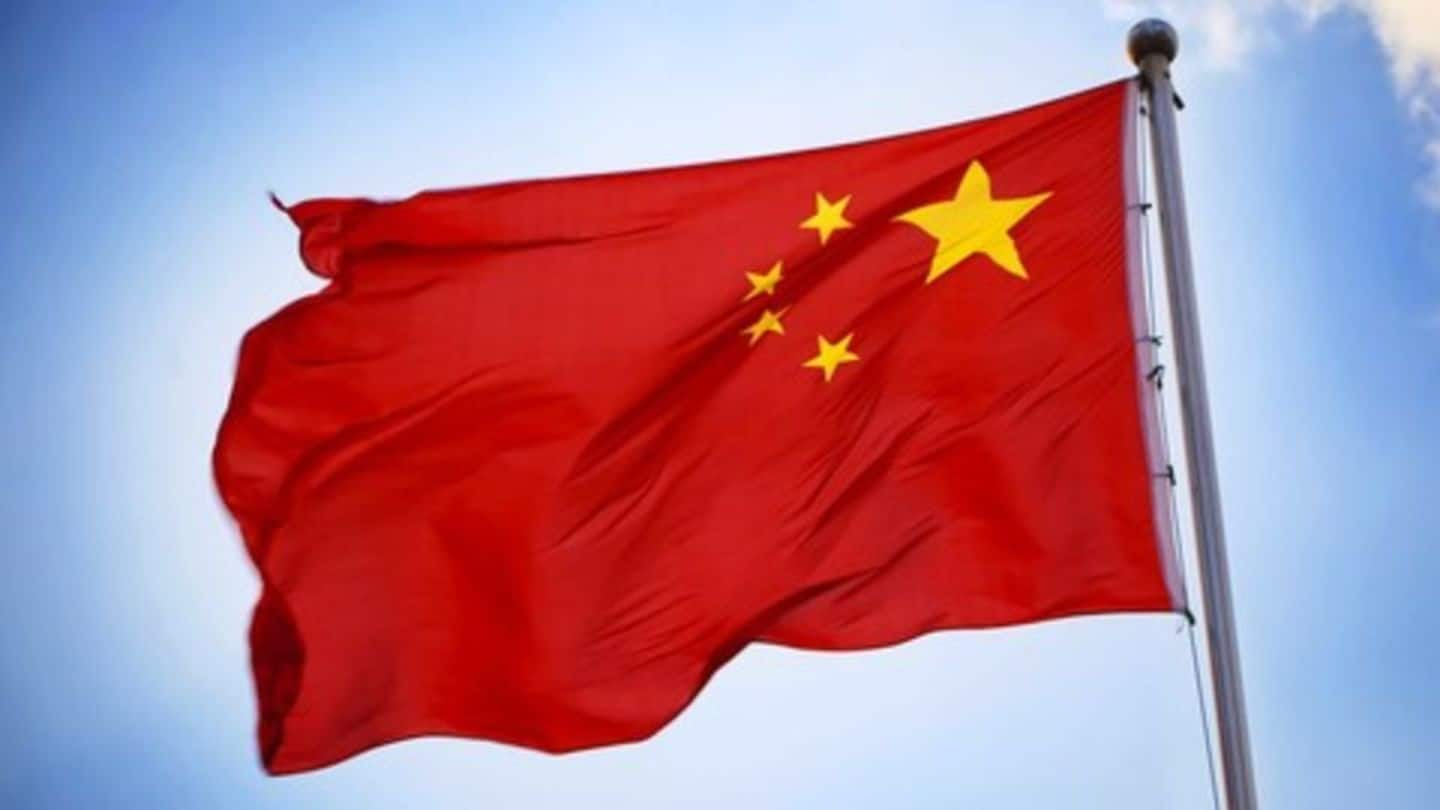
China gets $5.5 billion bullet train project nod from Thailand
What's the story
According to reports, Thailand has greenlit China's first international order of bullet train technology by agreeing to a US$5.5 billion worth high-speed railway project, which will connect Bangkok, Thailand's capital city, with Southern China.
This comes after a successful negotiation between Modi and his Japanese counterpart Shinzō Abe to kick-start an ambitious bullet train project in India.
Here's more about it.
Delay
Why was it delayed?
The project was being delayed as Thailand was mulling over the environmental impact assessment report of the project, according to the statement given to Xinhua by the Thai Minister of Transport, Arkhom Termpittayapaisith.
There are two contracts, namely the design and supervision contract, for the 253-km long first phase project that'll connect Bangkok with the northeastern province of Nakhon Ratchasima.
Project
What is it all about?
This project falls under China's regional infrastructural plan to have its southern city of Kunming connected with Laos, Thailand, Malaysia and Singapore via high-speed railway networks. China has already begun construction of the same in Laos.
The Thailand leg of the project was stalled due to numerous hiccups, like loan terms, over financing and Thailand's labor regulations, as per China's state-run television CNTN.
China
Why is it important?
This is a substantial win for China, as it has been trying to promote its multibillion high-speed train technology for quite some time now.
However, such attempts were bogged down by political issues, financial hiccups and stiff competition from Japan. The Chinese already enjoy a strongly interconnected network of bullet trains that covers most of its cities.
Details
Why did China get the order?
Thailand's high-speed railway is expected to commence its operations from 2021. Meanwhile, China is also eyeing to bag the high-speed railway project contract of the New Delhi-Chennai route and is conducting a feasibility study for the same.
China currently has the world's longest railway network, which stretches 22,000 kilometers and makes for 60% of the country's entire network, as of 2016.
High-speed trains
Transfer of technology
Termpittayapaisith had said earlier, "China has built over 20,000 km of high-speed railways. The Chinese people take high-speed trains every day, and the Chinese side has kept telling me safety and security is their priority, so I'm confident of the Chinese technology."
China will also transfer the necessary technology to Thailand, which the country would need to drive, maintain and repair the high-speed trains.